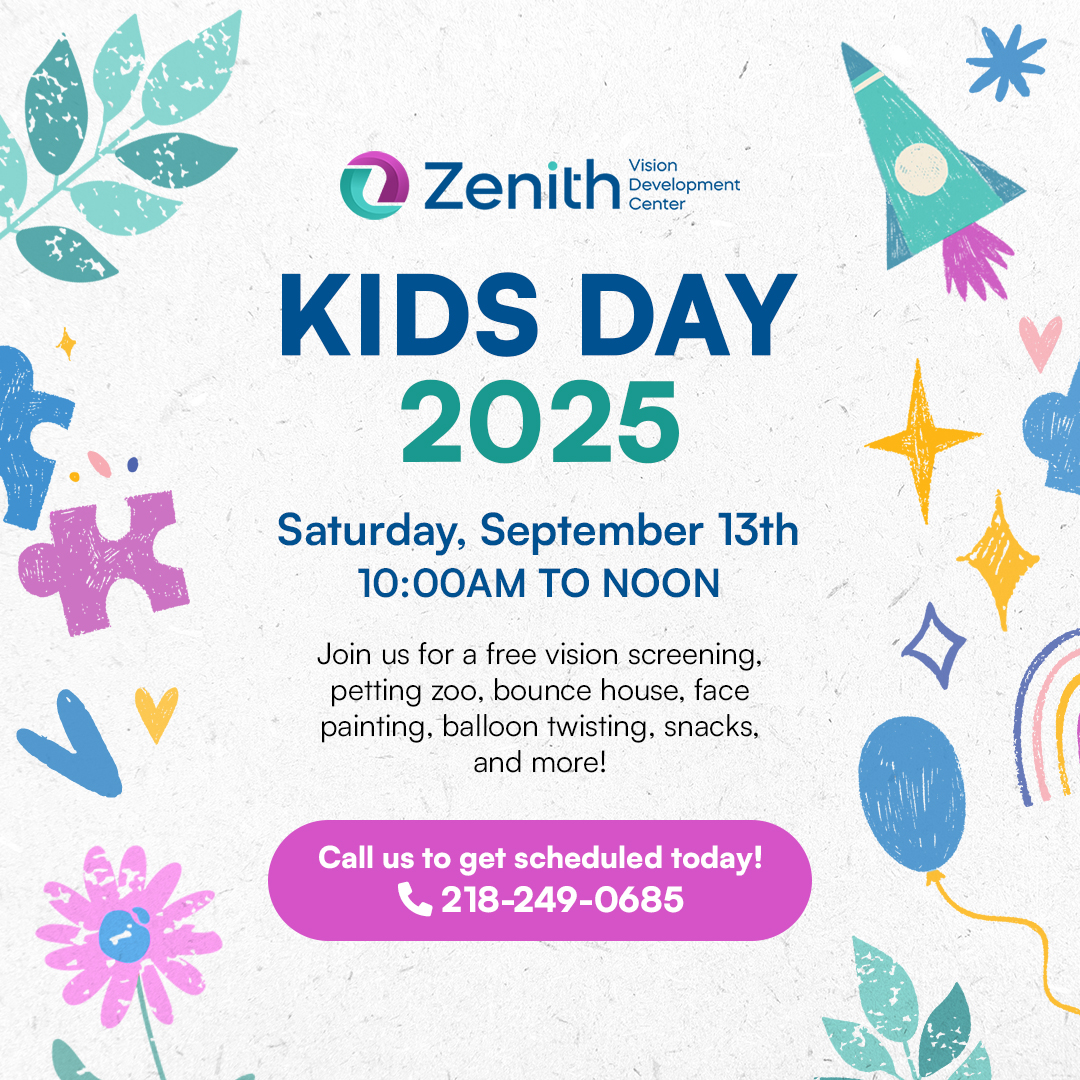
When children struggle in school, parents and teachers often assume the issue lies in attention, motivation, or even learning disabilities. However, in many cases, the real challenge may be related to vision. One of the most common, yet often overlooked, visual disorders affecting children’s ability to learn is convergence insufficiency (CI).
What Is Convergence Insufficiency?
Convergence insufficiency is a condition where the eyes have difficulty working together when focusing on close objects such as books, tablets, or homework. Instead of aligning properly, one or both eyes may drift outward, causing visual strain. This disorder does not necessarily affect clarity of sight, as it is not about blurry vision, but rather how the eyes function as a team. Children with convergence insufficiency may see clearly on an eye chart but still struggle to sustain near-vision tasks, which can lead to frustration and poor academic performance.
Signs and Symptoms of Convergence Insufficiency
Because convergence insufficiency can easily be mistaken for attention issues, it often goes undiagnosed. Some common symptoms to watch for include:
• Difficulty concentrating on reading or homework
• Frequent loss of place while reading
• Words appearing to move or blur on the page
• Headaches or eye strain after near work
• Avoidance of reading or other close tasks
These symptoms can have a significant impact on a child’s learning, leading to lower grades, reduced confidence, and unnecessary frustration in the classroom.
Improving Convergence Insufficiency Through Vision Therapy
The good news is that convergence insufficiency is highly treatable. At Zenith Vision Development Center, we specialize in vision therapy.
Through a series of targeted activities and exercises, vision therapy retrains the brain and eyes to work together more efficiently. Unlike glasses or contact lenses, which correct clarity of vision, vision therapy addresses the underlying functional problem, providing long-lasting improvement.
Research has shown that vision therapy is the most effective treatment for convergence insufficiency, helping children reduce symptoms and perform better in both school and daily activities.
Help Your Child Thrive in School and Beyond
Convergence insufficiency is a common but often hidden obstacle to learning. By recognizing the signs and seeking help through professional evaluation and vision therapy, parents can give their children the tools they need to succeed in school and beyond.
If your child shows signs of reading struggles, frequent eye strain, or difficulty staying focused, schedule a functional vision evaluation at Zenith Vision Development Center today. Visit our office in Duluth, Minnesota, or call (218) 249-0685 to book an appointment.









